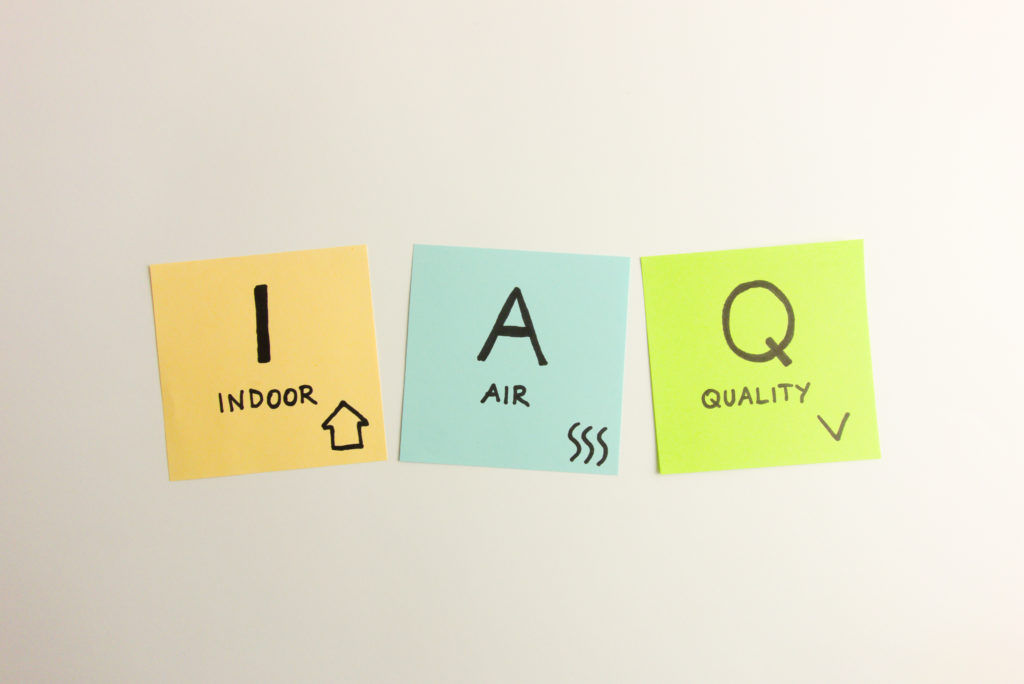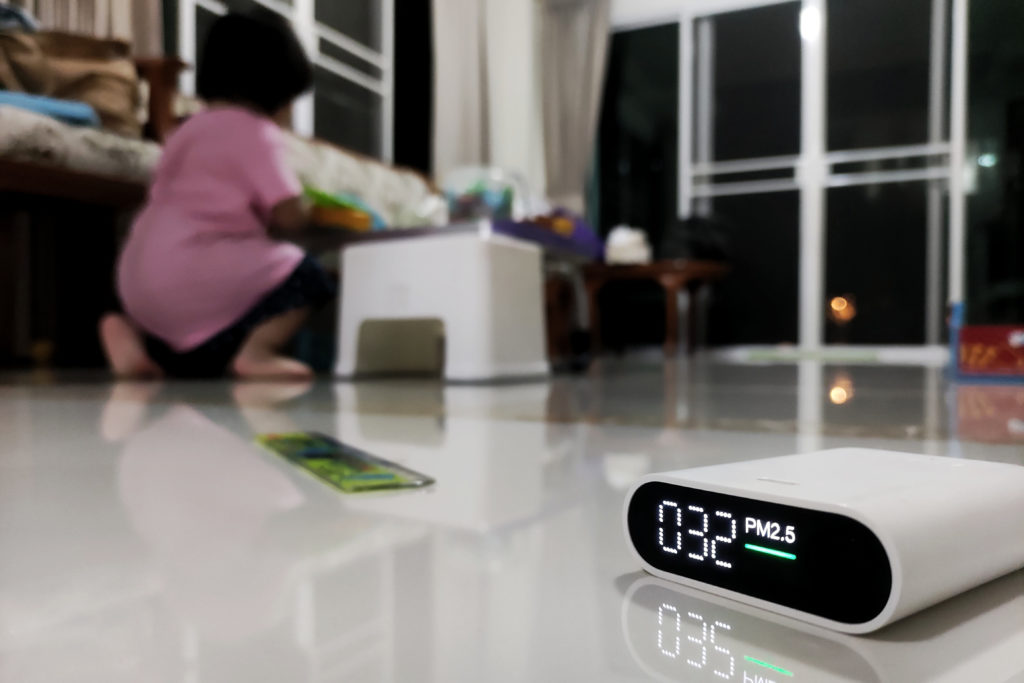How Is Indoor Air Quality Tested?
We all want to breathe clean air to protect us from allergens, carcinogens, and harmful particles. While we often hear about concerns with outdoor air quality, we should not overlook our indoor air. The air we breathe in our Lakeland and Orlando homes should be fresh. However, that’s not always the case. Indoor air quality can include pollutants like gases and chemicals from open windows and doors, our HVAC units, and what we track under our shoes.
To maximize your air quality, our highly trained professional air cleaners have the skills, training, and tools to bring you the best. In other words, you need Iceberg Home Services! With several years of experience, our licensed specialists offer Polk County homeowners the best HVAC and air quality solutions. Our job is not complete until you are fully satisfied — talk about a breath of fresh air!
For the best indoor air quality testing in the Central Florida area, call the experts at Iceberg Home Services at (863) 223-1849 or contact us online!
What We Look For
While some people work remotely from home, many are starting to return to the office and school where they’re around the public. Therefore, improving your home’s air quality is even more essential to your health and safety. Some pollutants, which can be harmful to pets, the elderly, babies, children, and those with breathing problems like asthma, can contribute to health problems and cause fatigue, headaches, itchy eyes, stuffy noses, and sore throats. Others can lead to or worsen respiratory conditions, cancers, heart disease, asthma, and allergies.
We use standards set by OSHA and the EPA when testing indoor air quality. We measure the air for pollutants like radon, mold, and allergens. The types of pollutants we look for include:
- Biological pollutants: Examples include bacteria, dander, dust mites, mold, and pollen, which can come from pets, plants, and open windows
- Chemical or Volatile Organic Compounds: Dangerous, non-living materials found in paint and walls, including formaldehyde, lead, and radon.
- Combustible Pollutants: Harmful pollutants like carbon monoxide and secondhand cigarette smoke.
Call us at (863) 223-1849 or contact us online to learn more about the pollutants we look for during IAQ testing.
Technology We Use
When you schedule an indoor test for particulates and pollutants, one of our licensed and highly trained professional staff will come to your home. Factors that may affect the tests include the building materials, age, location of the home, and proximity to major cities (smog, other pollutants) or industrial regions (chemicals, other contaminants).
To test your indoor air quality, they may use the following types of equipment:
- Indoor air quality detectors use sensors to detect toxins.
- Mold test equipment like petri dish tests, air pumps, swabs, and tape strips help collect samples.
- Radon tests determine the gas level over a few weeks or months.
- Carbon monoxide detectors check for unhealthy carbon dioxide levels.
Still curious about the technology we use? Call us at (863) 223-1849 or contact us online to speak to an IAQ expert at Iceberg Home Services.
Next Steps
After interpreting your indoor air quality tests, our specialists will make their recommendations. Our suggestions can help ensure you have good indoor quality air. Some pollutants are mild irritants, while others may require immediate action to protect your loved ones and pets. Because health risks can range from minimal to life-threatening, our technicians are available to reduce any potential pollutants.
Call (863) 223-1849 or contact us online today for more information about reducing pollutants in your Winter Haven, FL-area home!
Air Quality Services and Solutions in Orlando, FL
With some irritants, we suggest household maintenance for above-average pollutant levels. If we find potential hazards, more immediate action may be necessary to protect your family. Air quality solutions typically include:
- Dander, dust mites, and pollen: Regular cleaning and ventilation can help reduce any allergy triggers. Check your HVAC unit to make sure it functions properly.
- Lead: EPA-certified professionals can carefully remove this toxic additive in paint. Special sanding and scraping tools and safe execution are necessary to ensure safe removal.
- Mold: Reduce the humidity and moisture in your home, scrub with cleaners like borax or use diluted white vinegar or dish soap on your delicate surfaces. Note: Porous surfaces may need replacing.
- Secondhand smoke: Avoid smoking in or near the home to avoid impairing your respiratory system and narrowing your airway. Add HEPA air filters, as H13 and H14 versions can remove up to 99.97% of particles larger than 0.3 microns.
- Carbon monoxide, radon, and formaldehyde: Extremely hazardous and environmentally unsafe, these tasteless, odorless, and colorless gasses are dangerous to humans and pets. Routinely check fuel-burning appliances and check for leaks. Install a carbon monoxide detector.
Call the Lakeland, FL, HVAC experts at Iceberg Home Services at (863) 223-1849 to learn more about our services. Contact us online today!
Choose Iceberg for Indoor Air Quality Testing
Indoor air quality protects your family and pets. For exceptional HVAC and IAQ services and solutions for your home, hire the professionals at Iceberg Home Services. Our professional team can provide accurate measurements to keep your indoor air allergen- and pollutant-free (and help you breathe easier)!
 SCHEDULE SERVICE NOW
SCHEDULE SERVICE NOW
TODAY!



